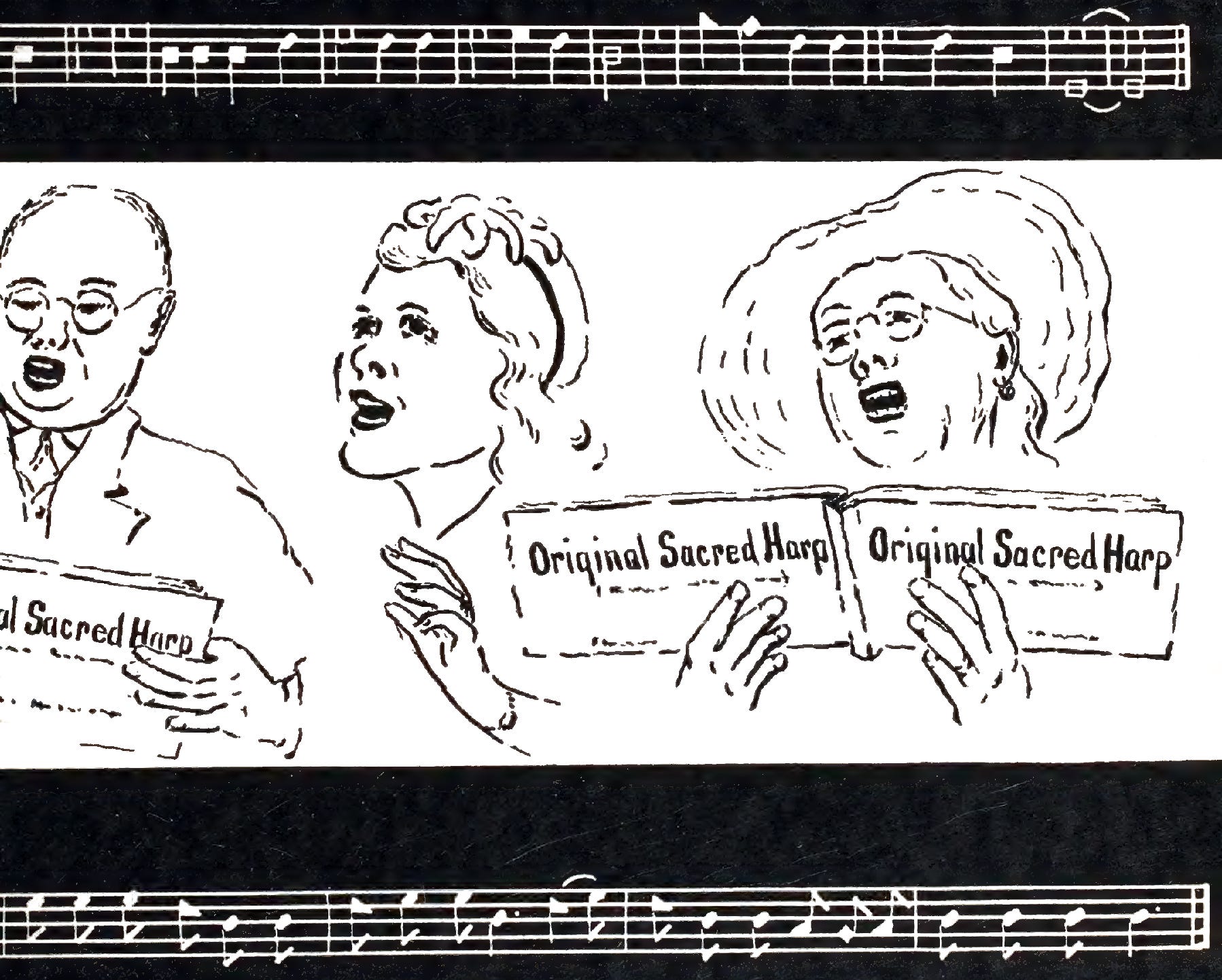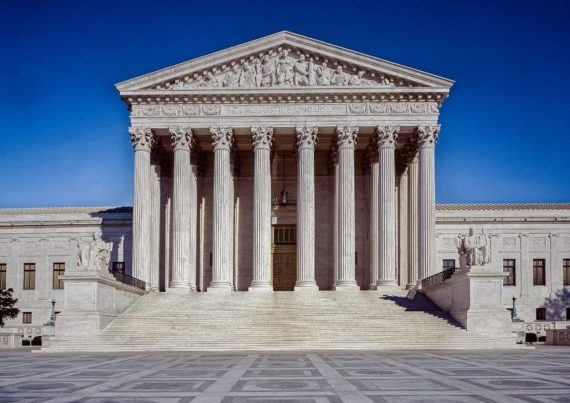I’m not deaf to the vibrant Country music chatter. Got opinions, but on social media, I made a vow: don’t discuss the current thing. Yet, the discourse reminded of something.
Donald Davidson was a man of tradition. He liked the old way. Saw a kinship between song meant for singing and verse meant for reading, a stance rare among his contemporaries. His students at both Bread Loaf and Vanderbilt recalled how he brought this union to life, instruments in hand, singing the very texts under study. Displaced by the Wesley Hall fire, Davidson’s time in Marshallville, Georgia, with John Donald Wade exposed him to the Sacred Harp’s hymnal traditions, an encounter that profoundly resonated with him, later encapsulated in his 1934 narrative “The Sacred Harp in the Land of Eden.”[i]
In 1950, Davidson received an old dulcimer as an unexpected gift from a student. It was unearthed in a grandfather’s attic, but it wouldn’t tune. Pre-YouTube frustrated, Davidson sought help. He found it in Charles Faulkner Bryan, a music professor who knew dulcimers and their lore. They got the stubborn thing tuned and Davidson’s classes got serenaded with old-timey bangers. Bryan and Davidson became thick as the James Boys.Born in Faulkner Springs, near McMinnville, Tennessee, in 1911, Charles Faulkner Bryan rose to paint the world of music with hues of his homeland. A pioneer in Tennessee’s musical heritage, his work straddled traditional classical and folk music. He traversed the South, collecting its songs, spirit, and field-recording Uncle Dave Macon deepcuts.[ii] With Bryan’s arrival at George Peabody College for Teachers, Davidson found his Nashville isolation lifted. Here were two men, sons of Tennessee, who discovered a shared heritage and passion for folk music. In time, they were joined by George Pullen Jackson, a folklorist and kindred spirit.
Davidson’s relationship with Dr. Jackson was a hair less formal than a fish fork, Jackson being the elder and more established academic. In his ballad classes, Davidson used Jackson’s White Spirituals of the Southern Uplands, aligning with its theory on the origins of Southern spirituals.[iii]
Dr. Jackson deeply admired the rural South’s people, values, and traditions. He distinguished himself as the preeminent scholar of American spiritual music, with a special focus on Sacred Harp singing. According to Sacred Harp connoisseur and educator, Irving Wolfe, “through White Spirituals in the Southern Uplands and The Story of the Sacred Harp, George Pullen Jackson has helped the English-speaking peoples throughout the world to know about Sacred Harp as a vital part of America’s musical heritage, as ‘a vigorously living book,’ as an American institution.”[iv] He once said, “My greatest inspiration has come from the Southern ‘country singers,’ scores of them, whom I have met at ‘singings’ and the bigger convention, people who seemed glad to let me sing, talk, and eat with them and become their friend.”
With an educational foundation laid at Dresden’s Royal Conservatory of Music and advanced degrees from the University of Chicago, Jackson’s scholarship was further refined in Munich and Bonn. His tenure as a German professor at various prestigious universities began in 1918 and concluded with an emeritus position at Vanderbilt until he died in 1953.[v]
Davidson saw a friend in Dr. Jackson, but Charles Faulkner Bryan was closer, dang near like family. Their meeting in 1950 revived Davidson’s urge to create—dormant since his last significant poetic work, “Lee in the Mountains.” They’d call each other, Bryan with a tune, Davidson with words. Together, they created Singin’ Billy, a folk opera.
Singin’ Billy, blending fact with fiction, portrays the life of William H. Walker, South Carolina’s revered singing schoolmaster. His Southern Harmony is a seminal collection in shape-note hymnody. Davidson, having come across the book at Sacred Harp meetups in the 1930s, considered penning a biography of Walker. However, after Bryan’s discovery of the book in 1950, the pair decided to create a folk opera, a tribute to Walker’s enduring influence and his music. M.E. Bradford writes about Singin’ Billy’s first song, “The Quilt Song”.[vi] I threw some of the lyrics in Suno AI, and I’m pleased with the results.
I’m not one to carry a tune or strum a chord, nor am I steeped in the intricacies of Sacred Harp. Just a fan, here to link the chain and introduce people who’ll pop up now and then. Cheers.
*****************************************************
Further Reading/Listening
Charles Faulkner Bryan sings American Folk Songs:
Donald Davidson. “White Spirituals, The Choral Music of the South.” American Scholar 4.4, 1935.
Donald Davidson. “The White Spirituals and Their Historian.” Sewanee Review 51.4, 1943
George Pullen Jackson:
- “America’s Folk-Songs”
- “American Indifference to Study of Folk-Lore”
- “Rhythmic Form of the German Folk Songs 1-4”
- Spiritual Folk-Songs of Early America
- White Spirituals in The Southern Uplands
James Everett Kibler. “Singing Billy Walker and Amazing Grace” (Video)
A Checklist of Tennessee Folksongs
Shape Note Bibliography
Singin’ Billy Vanderbilt Premiere. Nashville Tennessean, April 24, 1952.
*************************************************
[i] Winchell, Mark Roydon. Where No Flag Flies: Donald Davidson and the Southern Resistance. University of Missouri Press, 2000. In this essay, I’m pretty much just paraphrasing Winchell while adding a side-bar two and a handful of other sources.
[ii] Charles Faulkner Bryan, Tennessee Encyclopedia
[iii] it’s easy to find attacks on Jackson’s thesis. You won’t find too many of ‘em well-sourced. This might be helpful if you go down that rabbit hole: “Musicologist and folk-music collector George Pullen Jackson noted in the early part of the twentieth century that many of the black spirituals had white origins and could be traced back to the British folksong tradition and early American camp meetings. Many later called his conclusions racist for denying African origins for these songs. Jackson was correct in tracing these songs to their source; however, he ignored the musical rhythms that defined black gospel, tracing only words and melodies. In addition, he overlooked the development of the “holiness” movement in the latter part of the nineteenth century which was a source of an essential difference between black and white gospel music.” The Cambridge Companion to Blues and Gospel Music. Cambridge University Press, 2002.
[iv] Irving Wolfe. “Our Debt to George Pullen Jackson.” Sunday, September 12, 1965, Nashville Convention of the United Sacred Harp [Musical] Association
[v] Davidson writes in his diary about the day Jackson died and of his funeral. See Winchell.
[vi] M.E. Bradford. “Donald Davidson and the Calculus of Memory”







O Glory! Donald Davidson is a gentle-man after my own heart..Come back to us dear Sacred Harp–unpretentous simple pure MUSIC of The Good Earth..for the true Worship and Glory of God!